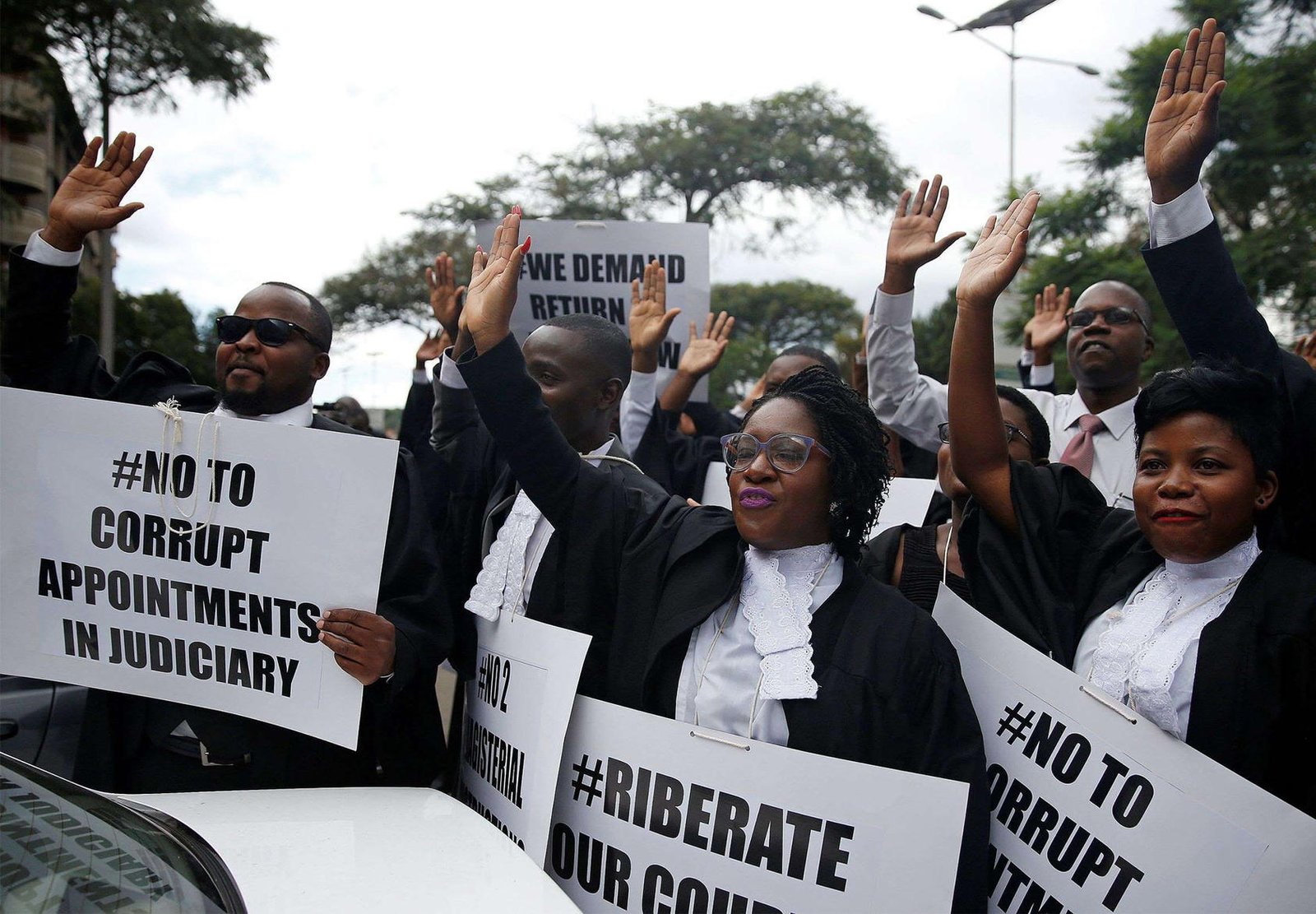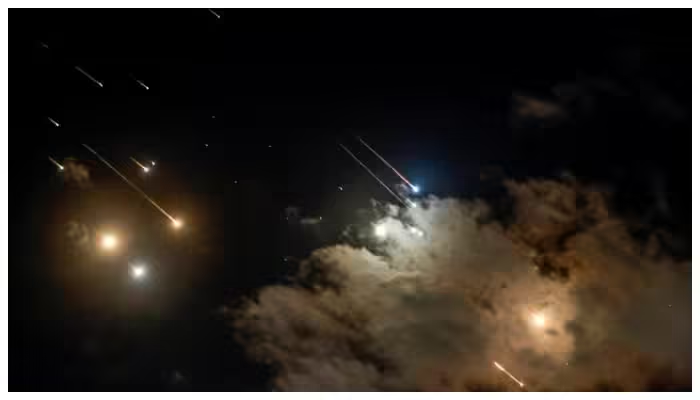In a tense political climate, Zimbabwe is poised to conduct nine crucial by-elections on Saturday, marked by the conspicuous absence of opposition candidates, as President Emmerson Mnangagwa solidifies his influence over the mineral-rich nation.
The escalating political crisis stems from the declaration of vacant seats belonging to a group of MPs affiliated with the main opposition party, Citizens Coalition for Change (CCC). A recent court ruling, issued on Thursday, has further limited the participation of CCC contenders in the upcoming vote, potentially providing the ruling party, ZANU-PF, with a more straightforward path to secure additional seats and advance constitutional changes.
Nic Cheeseman, a professor of African politics at the University of Birmingham, expressed concern, stating, “The overall effect of this in terms of undermining any hope for Zimbabwe of democracy right now is very clear.”
The crisis originated from a letter penned in October by Songezo Tshabangu, a relatively unknown politician claiming to be the CCC’s interim secretary-general. The letter, filled with spelling mistakes, asserted that 15 CCC lawmakers elected in a fiercely contested August election had ceased to be party members and should lose their seats. CCC leader Nelson Chamisa contested Tshabangu’s legitimacy and protested the speaker’s decision to order the by-elections.
ZANU-PF, though denying responsibility for the turmoil, stands to gain the most from the current situation. Farai Marapira, a party spokesman, labeled the opposition as “irresponsible” and “self-imploding.”
In the lead-up to the by-elections, voter apathy is palpable in places like Mabvuku, a Harare suburb. A resident, Gladmore, noted, “People are tired,” expressing skepticism about the electoral process. The local CCC candidate remains the sole contender spared by the recent court ruling that removed eight other party candidates from the ballot papers.
ZANU-PF, currently 10 seats shy of the two-thirds majority required in the 280-member parliament to amend the constitution, is speculated to seek the removal of the two-term presidential limit. This move could potentially allow President Mnangagwa, aged 81, to counter challenges to his leadership both from within his party and the opposition.
Analysts observe that Mnangagwa, who came to power following a 2017 coup, is perceived as increasingly autocratic. Hopes for a more democratic path, foreign investment, and economic improvement have waned, with critics pointing to legislative measures stifling dissent and compromised judicial independence.
Despite international observers denouncing the August elections, the CCC, formed in response to alleged intimidation and electoral irregularities, faces internal challenges, with Tshabangu seeking control of party funds and attempting to recall lawmakers. ZANU-PF’s treasurer, Patrick Chinamasa, highlighted the opposition’s internal strife as an advantage for the ruling party, rallying supporters with the message, “Their infighting is our harvest.”



